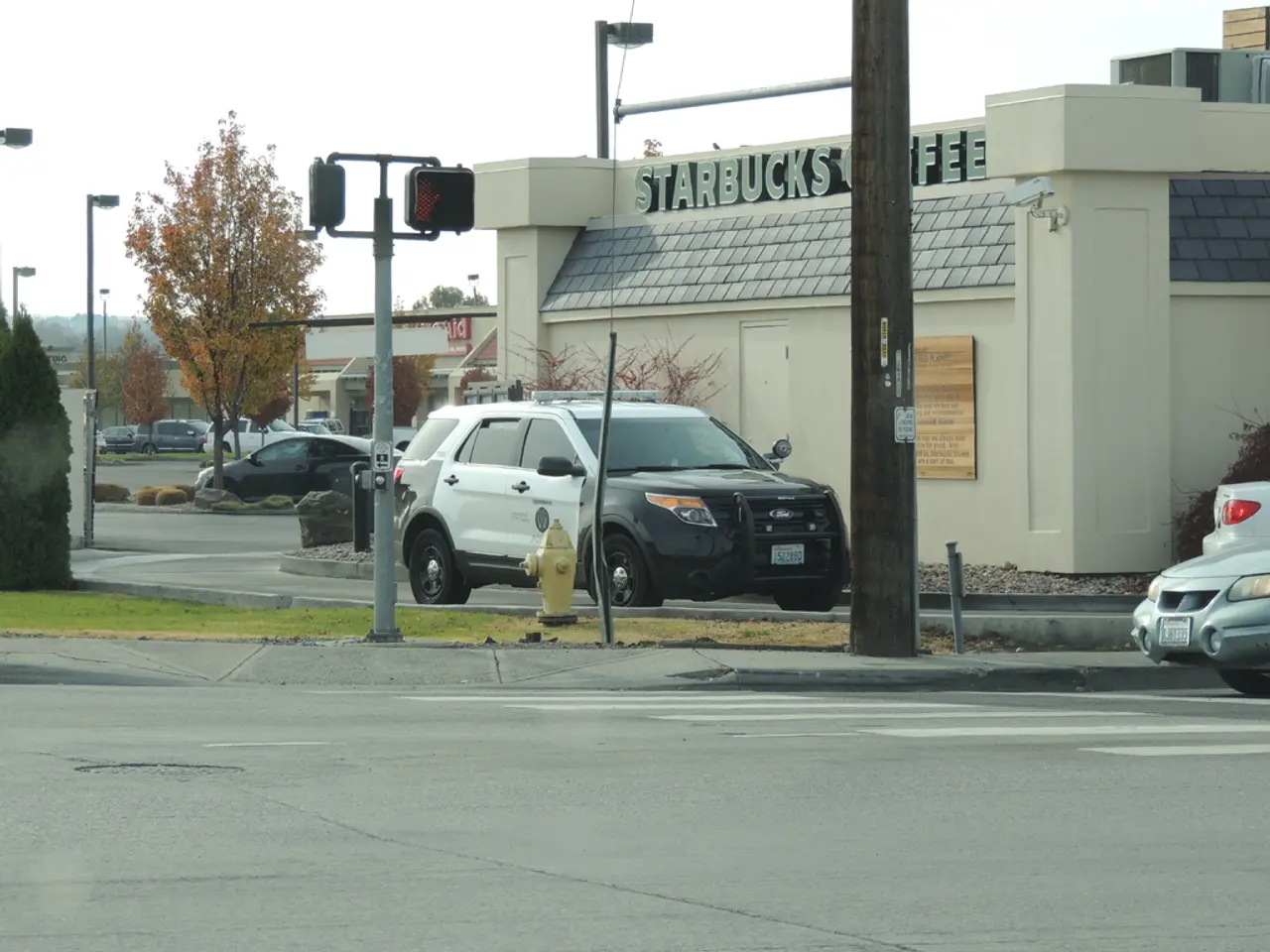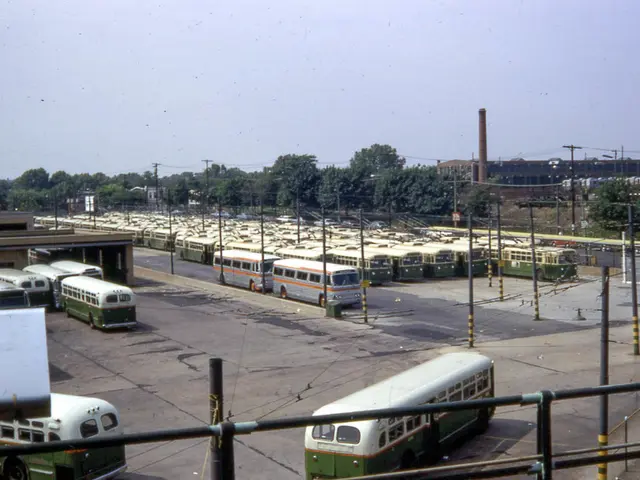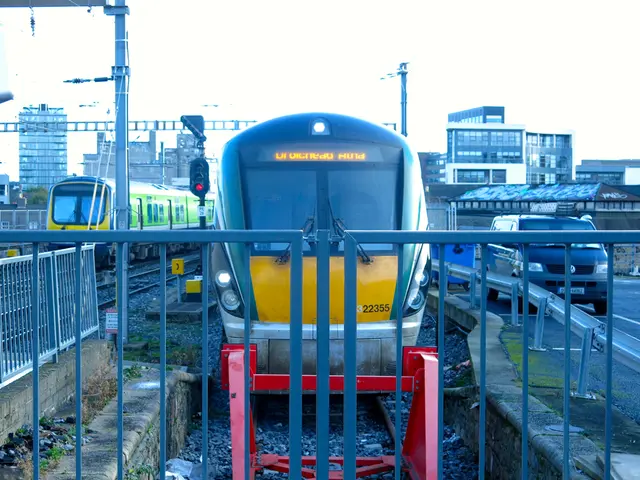New Study Warns of Massive CO2 Gap in Traffic by 2030
A new study, 'Climate Package Traffic', warns of a significant CO2 savings gap in traffic for 2021 to 2030, estimated at 218 million tons. Under a stricter budget approach, this gap could reach 708 million tons. The report highlights the need for a combination of political measures to meet traffic's CO2 targets by 2030.
The study suggests several strategies to reduce traffic's CO2 emissions. Banning combustion engines from 2025 could result in the largest savings, with 43 million tons of CO2. A registration tax for environmentally harmful cars could reduce emissions by about 28 million tons by 2030. Suspending highway network expansion could save the climate almost 21 million tons of CO2.
The report also emphasizes the importance of transitioning freight and air traffic. Implementing a CO2 price for diesel and gasoline could save around 16 million tons of CO2 by 2030. The study is available for access via a provided link.
The Wuppertal Institute's 'Klimapaket Verkehr' study proposed additional measures, including expanding public transport, promoting electric vehicles, enhancing cycling infrastructure, and optimizing freight logistics. These measures could contribute to CO2 reduction, with total potential savings up to several tens of millions of tons by 2030.
Traffic is at risk of missing its climate goal by up to 10 million tons of CO2 in 2022, following a pandemic-related decline in 2021. The 'Climate Package Traffic' study underscores the urgency for immediate and comprehensive action to close the CO2 gap in traffic.








